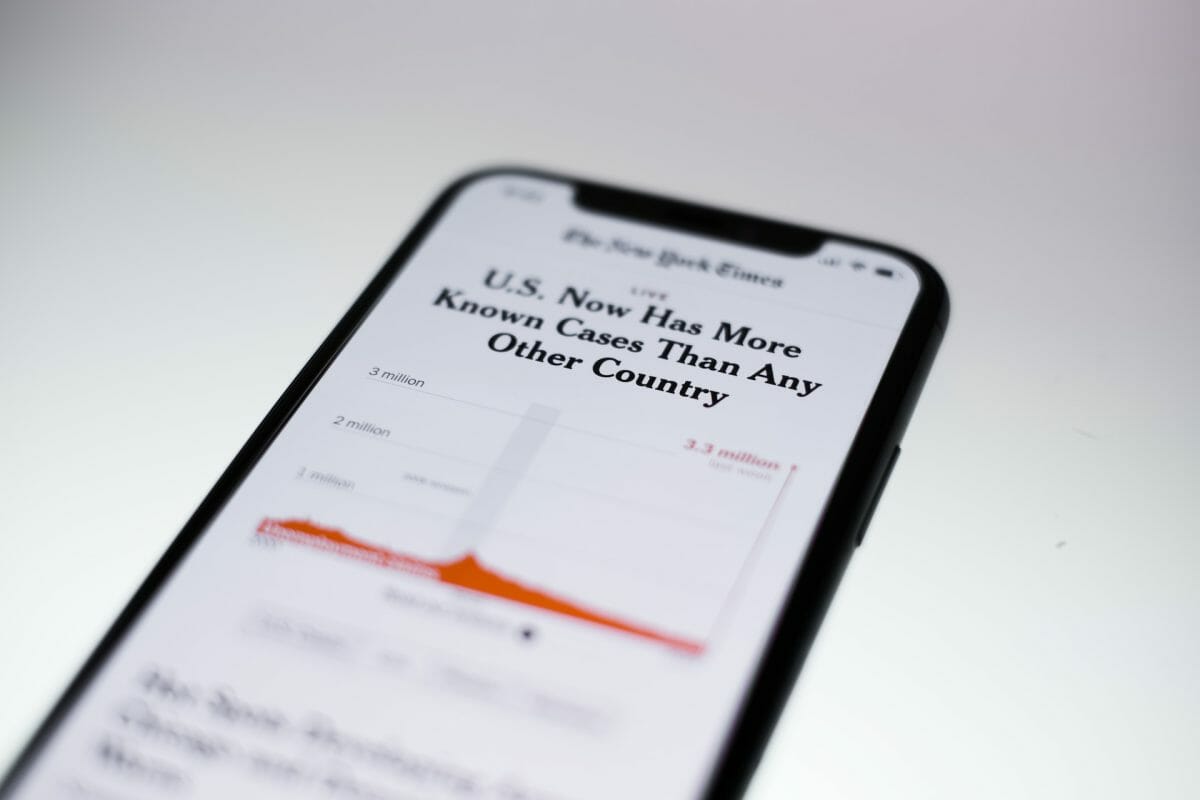Fake news, like medical misinformation, is a global problem. It’s most common on social media sites like Twitter and Facebook. The Internet is a decentralized global network driven at large by user-generated content. There are some regulations. Each country regulates specific areas of the Internet operating within their jurisdiction. For example, areas such as cybercrime, data privacy, and intellectual property. What does this mean? It isn’t regulated to the same degree that traditional media houses are. Users can post unverified medical information on the Internet. This is very dangerous, particularly in an age where artificial intelligence (AI) is becoming mainstream.
Artificial intelligence (AI) was a foreign concept to the general public. Even as little as ten years ago. AI was a topic you’d only see in sci-fi movies or hear software developers talk about. At the time, many investment firms praised the benefits of this cutting-edge software. Few people truly knew or believed it would have the impact it has today. It seems otherworldly in its abilities. One Twitter user shared a post of a short clip from a movie made using only AI. It begs the question: what exactly is AI capable of? Additionally, can this software be used as an effective AI content detector tool? You cannot overstate the importance of AI content detector tool in today’s digital age. Advancements in AI technology will enhance AI content detection, making the online world a safer place for you and everyone else.
Addressing the Problem
Medical misinformation is a phenomenon of maliciously spreading fake medical information. The information is commonly shared on social media sites. There is no substantive evidence to support the claims made in these posts. Yet they are designed to look like legitimate posts from reliable sources. Medical misinformation has far-reaching implications for the public. It slows down or prevents people from getting the medical attention they might need. The biggest concern is that medical misinformation spreads faster than factual-based medical information. The public’s distrust of established institutions drives their willingness to accept false information.
Take the Covid-19 pandemic, for example. A post was widely shared on social media about the use of chlorine dioxide as a means to fight the virus. Chlorine dioxide is a chemical that’s very similar to bleach. It’s a household disinfectant that’s widely accessible as a commercial product. The article advised the public to consume the chemical as it would cure them of the virus. Consuming large amounts of the chemical can be very dangerous or even life-threatening. The biggest concern is how we can fight the misinformation that is being spread globally. User-generated information on the Internet is decentralized, posing quite a challenge.
The Introduction of AI
Artificial intelligence presents both a solution and a threat. The reality is that AI is very easily accessible to the general public. This is what we know so far: AI is in its infancy. Yet, it’s improving at an astronomical rate. We are going to need regulation in this area. Take a look at this “deep fake” video. It utilizes AI to create a life-like video of an individual that can also mimic their voice. It’s almost indistinguishable from the real person. This is where we are with AI. Now imagine this kind of technology being used to promote medical misinformation.
The next question is: What is being done about it?
Facebook is continuously working with other organizations to improve on medical misinformation spread on their site. However, the problem is very widespread on the social media giant. There are AI applications that help to identify fake news on the Internet. Examples include:
These applications use a variety of techniques to identify misinformation or fake news. The tools, however, aren’t designed for medical misinformation. Yet, they may still be able to distinguish fact from fiction. These software applications also identify patterns in text, images, and videos. The key to solving this problem is to integrate social media platforms and medical websites with these AI companies. This will provide real-time information about fact-based articles and fake news. Viewers will know immediately if the article they are reading is substantiated by fact or not.
As previously mentioned, these tools aren’t specifically designed for medical misinformation. However, researchers and developers at the University of California, Los Angeles are developing AI software to help readers distinguish between real and fake medical news. It’s called HealthGaurd. It’s a revolutionary step in the right direction. We are fighting an endless battle, and HealthGaurd may be one of the solutions.
HealthGuard works similarly to other AI content detection tools. However, it is specifically designed for the medical field. The software uses a rating scorecard to determine the accuracy of the article and displays the findings on the screen for the viewer.
Similar applications are being developed. AI has proven that it can be both positive and negative in the fight against fake news and medical misinformation.
The Public’s Role
Using AI as a tool to fight medical misinformation isn’t a bulletproof vest. We need the public to critically evaluate online posts, articles, and other types of information. Find reliable, fact-based sources to corroborate the information. We don’t always spread medical misinformation intentionally. We do it as a means to help inform others. Each individual has a responsibility to evaluate the information before sending it.


